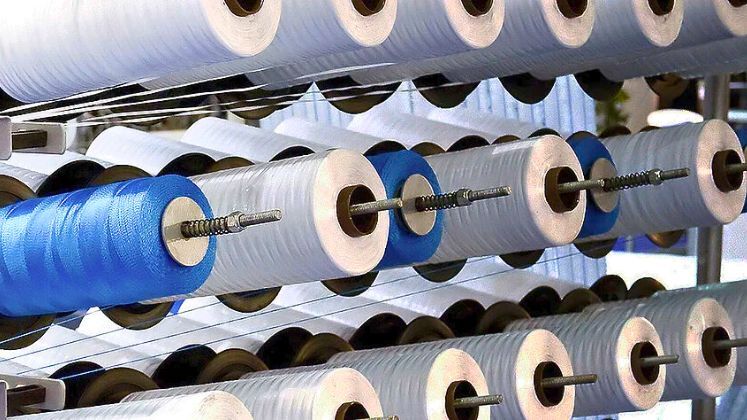
India’s commerce ministry has announced that it has opened investigations into the purported dumping of two Chinese goods: nylon filament yarn and a chemical used in the rubber industry. TDQ (trimethyl dihydroquinoline) and nylon filament yarn dumping from China and Vietnam are being investigated by the ministry’s investigative arm, the Directorate General of Trade Remedies (DGTR).
While Gujarat Polyfilms, Oriilon India, and Century Enka have applied to start an anti-dumping probe into the yarn, NOCIL Ltd has made a similar request for TDQ.
Two different notifications from the DGTR state that the investigations were started “on the basis of the duly substantiated written application submitted” by the petitioners. Should it be proven that the dumping has seriously harmed domestic players, the DGTR would suggest imposing anti-dumping duties on these imports.
When it comes to imposing duties, the finance ministry has the final choice. To find out if a boom in low-cost imports has harmed domestic businesses, nations launch anti-dumping investigations.
The World Trade Organisation (WTO), which is headquartered in Geneva, imposes these levies as a countermeasure under its multilateral regime. The purpose of the duty is to guarantee ethical business activities and level the playing field for domestic producers in comparison to exporters and foreign producers.
India has already placed anti-dumping duties on a number of goods in an effort to combat low-cost imports from China and other nations. To date, the directorate has opened 43 anti-dumping investigations on various items in 2024. 34 of these are anti-Chinese. Russia, Taiwan, and Japan were among the nations targeted by these enquiries.






